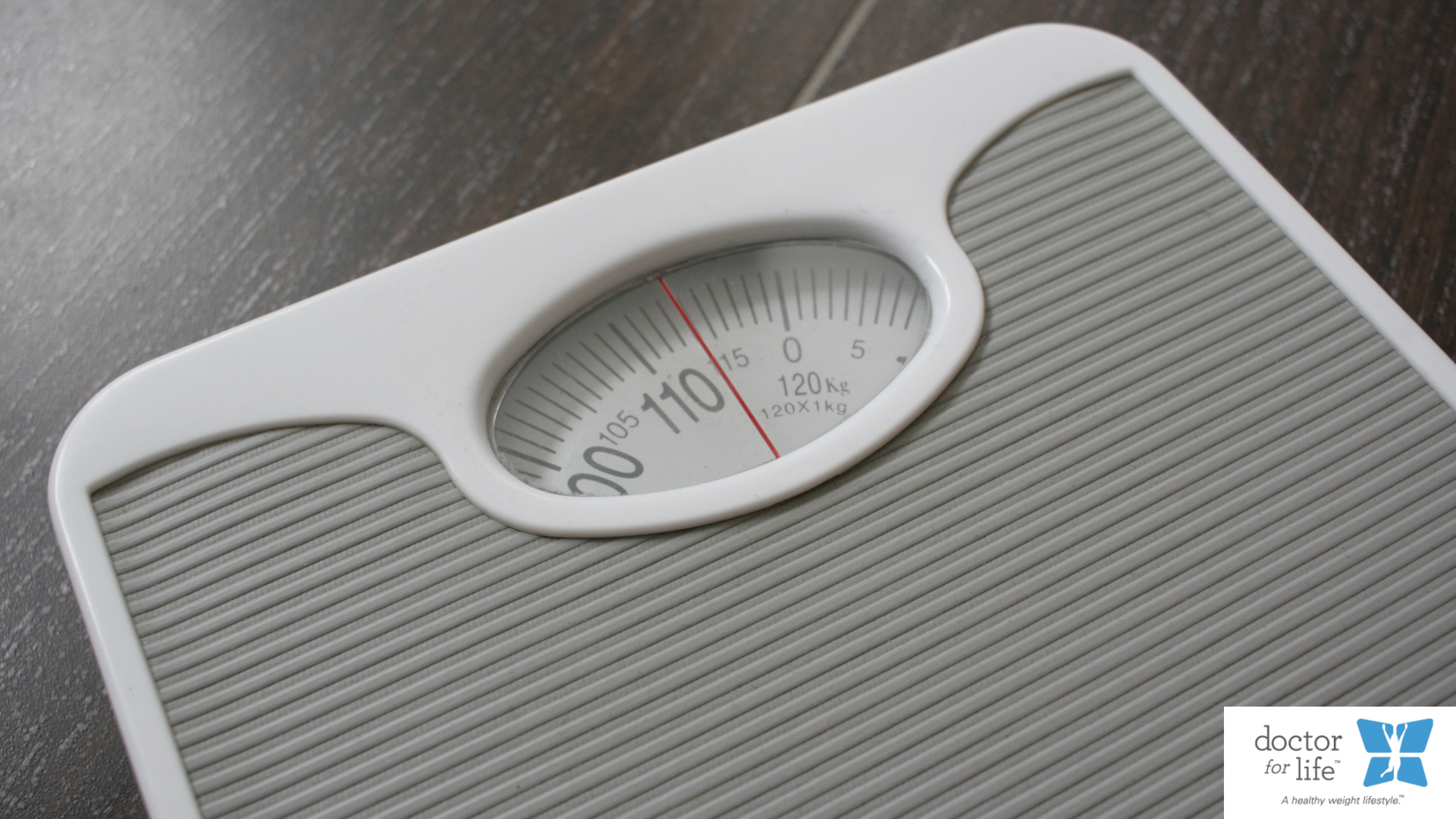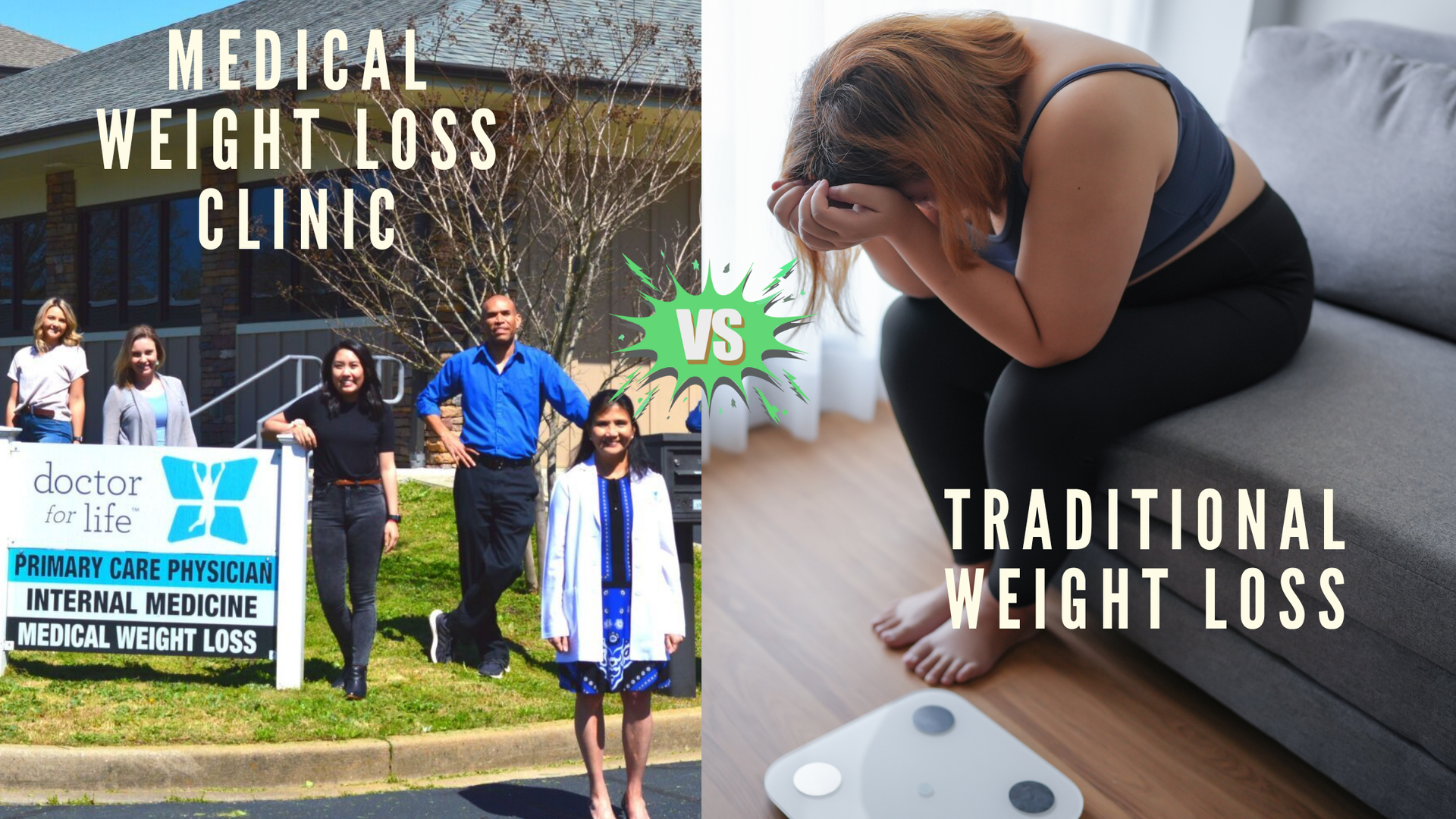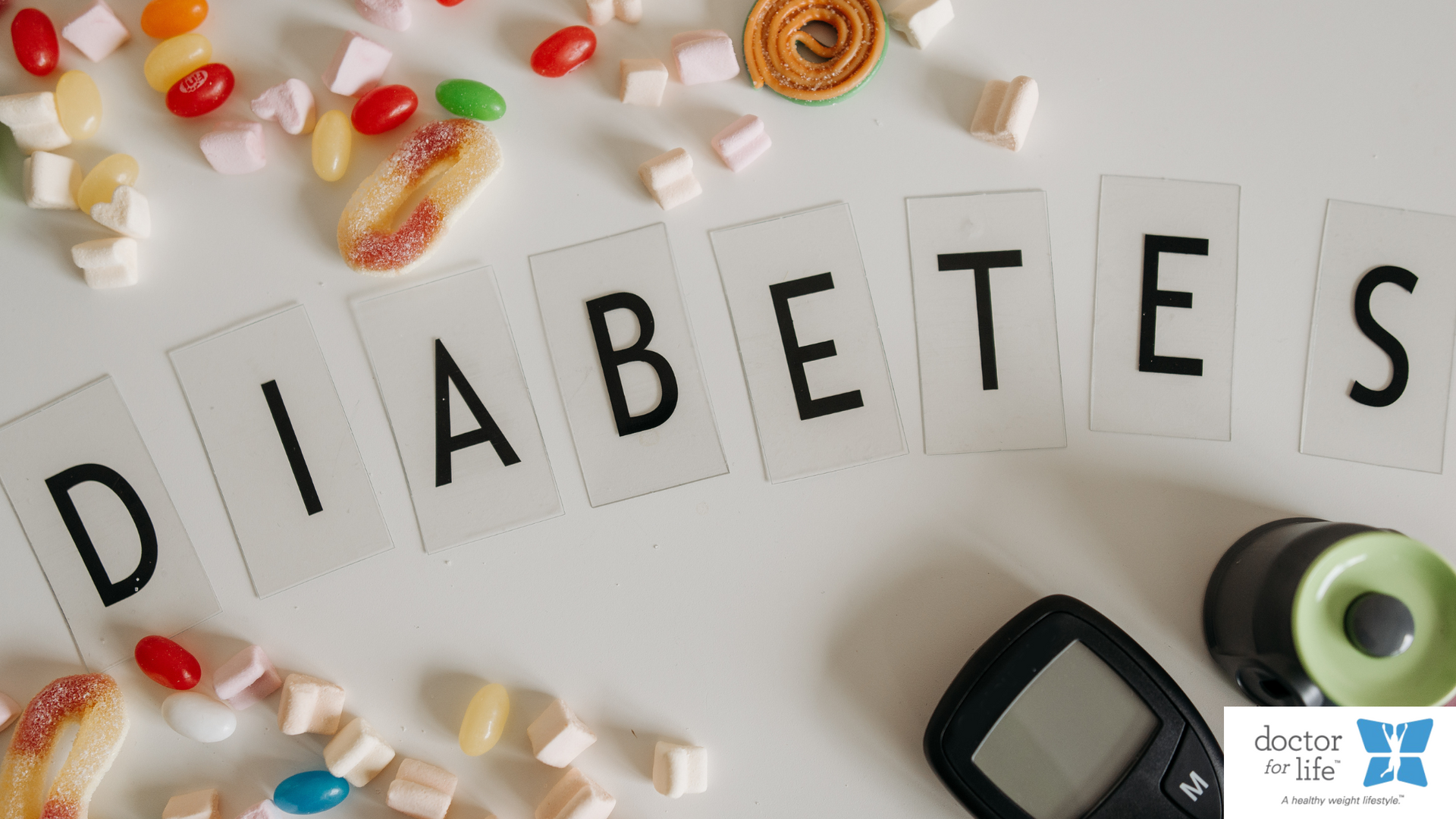The Science of Sustainable Weight Loss: Shed Pounds Without Starving Yourself

Losing weight is a tricky business. Extreme calorie restriction, strict dieting, constant hunger, regular workouts, and there is much more that comes with the struggle of losing weight. And despite doing everything right, it often becomes hard to shed even a few inches. Why? Because you are expecting too much too soon.
Sustainable weight loss happens slowly but steadily. However, not everyone knows about the science behind sustainable weight loss and how they can shed pounds without starving themselves. Instead of putting away your favorite food or doing the same exercises every day, you can opt for smart, evidence-based lifestyle changes that not only help you lose weight but also promote long-term health.
In this blog, we will discuss a few science-backed tips for sustainable weight loss.
Why are you not Losing Weight?
Weight loss is all about the calories. If you consume fewer calories than you burn, you lose weight and vice-versa. But it doesn’t mean you eat a hamburger instead of a salad bowl. The food you eat and the quality of the same plays a crucial role in metabolism, hunger, and energy levels. Sustainable weight can only be achieved if you master the art of balancing nutrition, mindful eating, and an active lifestyle.
A few Science-backed tips that you may follow for sustainable weight loss include:
1. Eat Metabolism-Boosting Foods
A good metabolism is paramount for sustainable weight loss. It refers to the body’s ability of converting food into energy and any disturbance in the metabolic rate of the body restricts weight loss. Though it’s basically genetic, certain foods can be consumed to naturally enhance metabolic efficiency of the body. For example:
1. Protein-rich Foods: Unlike fats and carbohydrates, protein takes more time to digest. Result? Your body burns more calories. Protein sources that you can take in your diet include lean meats, fish, eggs, dairy, beans, and nuts.
2. Fiber-rich Foods: Legumes, whole grains, fruits, and vegetables (leafy greens, tomatoes, bell peppers, green beans, and squash) are fiber-rich foods which help you stay full longer and regulate blood sugar levels. They also regulate cravings and promote weight loss.
3. Healthy Fats: Contrary to outdated beliefs, good fats like those found in avocados, olive oil, nuts, and fatty fish can support metabolism and satiety.
4. Green Tea and Coffee: contains antioxidants that boost metabolism and enhance fat burning.
According to the Dietary Guidelines for Americans 2020-2025, the portion control includes:
| Food Type | Adult | Children (2-8yr) | Children (9-13yr) | Adolescents (14-18yr) |
|---|---|---|---|---|
| Protein | 5-7 ounces (oz) | 2-5.5 oz | 4-6.5 oz | 5-7 oz |
| Vegetables | 2-5 cups | 1-2 cups | 1.5-3.5 cups | 2.5-4 cups |
| Healthy Fats | 22-44 grams (g) | 15-24 g | 17-34 g | 24-51 g |
| Grains | 5-10 oz | 3-6 oz | 5-9 oz | 6-10 oz |
2. Mind Portion Control without Deprivation
One bite of a chocolate pastry and one slice of chocolate pastry makes a huge difference in your calorie count. Portion control is crucial if you want to achieve your weight loss goals. It allows you to enjoy your favorite food without overindulging and keeping calories in check. You can start controlling portions by:
- Using Smaller Plates: Studies show that using smaller plates and bowls help you eat less while feeling full and satisfied.
- Measure Your Servings: Instead of eating the whole packet of nuts, measure your portions according to the calories to practice mindful eating.
- Eating Slowly: Eating slowly helps your brain register fullness and prevents overeating.
- Include More Protein and Fiber: Start your meal with a bowl of fruits and vegetables to feel satiated and reduce cravings.
- Listen to Your Body: While eating, stop when you feel comfortably full, not stuffed. This practice helps you control your calorie count and prevent overeating habits.
3. Opt Mindful Eating Habits
Most people gain weight due to emotional eating and unnecessary snacking at midnight. Being aware of what you eat, where you eat and how it makes you feel plays a crucial role in weight loss. A few things that you can do to practice mindful eating includes:
- Avoid eating in front of a TV or while scrolling your phone to avoid overeating.
- Chew properly to promote digestion and allow your brain to recognize when you are full.
- Eat only when you're hungry. Avoid emotional cravings and find alternative coping mechanisms, such as, such as walking, journaling, or meditation.
- Savor every bite to increase satisfaction in smaller portions.
4. Include Physical Activity in Your Routine
Physical activity doesn’t need to be gruesome or intense. Find activities that you can enjoy for staying consistent.
- Strength Training: When you build muscles, it increases resting metabolic rate, which helps you burn more calories even at rest.
- Cardio Workouts: Activities like walking, running, cycling, or dancing improve heart health and aid in calorie burn.
- NEAT (Non-Exercise Activity Thermogenesis): Simple movements like standing, walking, and fidgeting throughout the day contribute to calorie expenditure.
- Consistency Over Intensity: A moderate, enjoyable workout routine is more sustainable than extreme, short-term exercise plans.
5. Incorporate Healthy Habits
Despite managing calories and doing regular exercise, a few healthy habits that you can adopt include:
- Include 8 glasses of water in your routine per day. Staying hydrated prevents cravings and hunger.
- Get enough sleep to regulate hunger hormones and keep cravings at bay.
- Keep yourself away from stress as much as possible to avoid increased appetite and fat storage.
- Prepare meals in advance to make healthier choices instead of ordering outside food.
Takeaway
Weight loss isn’t a day job but a journey to be extremely careful about your choices. Whether it’s about eating right, staying hydrated, getting enough sleep, managing stress, or incorporating physical activity in your routine, adopting healthy habits will take you a long way. Make gradual changes in your lifestyle and stay as consistent as you can to achieve long-term weight management goals. If you still feel clueless about where to start, contact Doctor For Life for customized diet plans or to enrol yourself in a professional weight management program.










